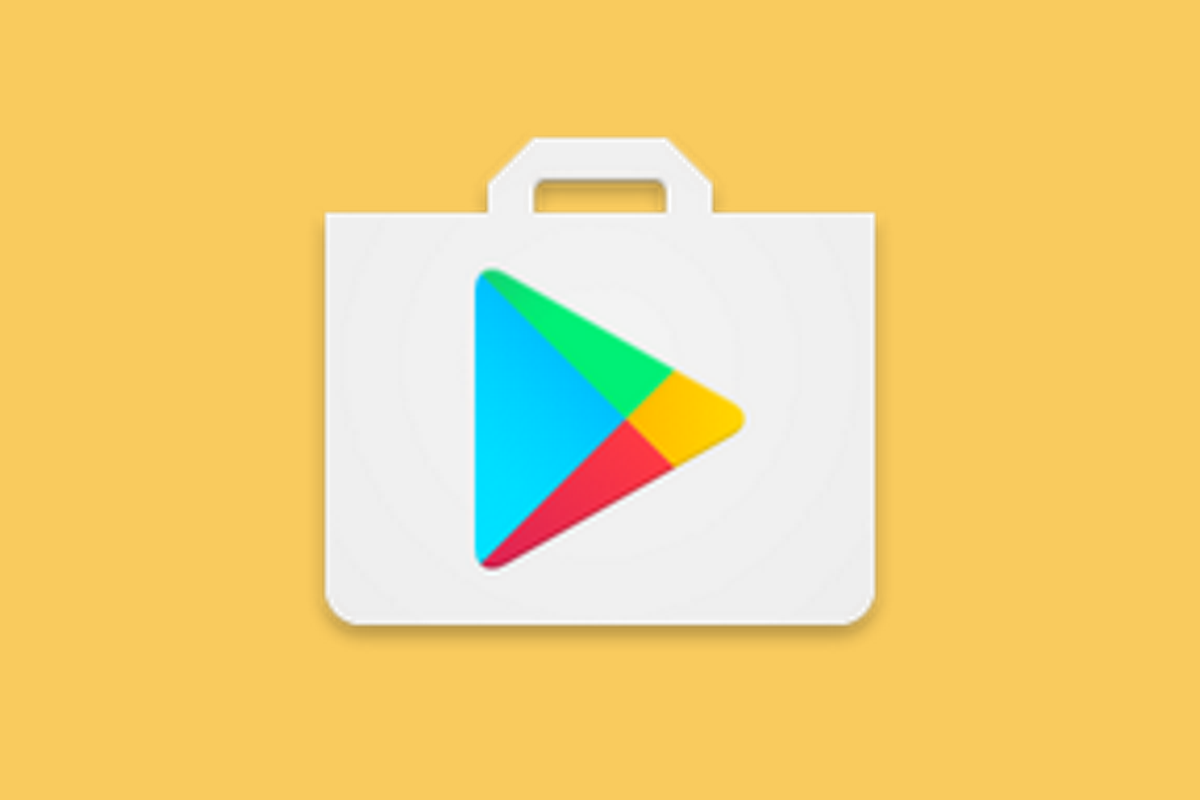Google has talked directly with Android app developers quite often lately. It was earlier this week when the company published an article as a reminder that unapproved apps would soon be removed from the Play Store if they tried to access the call log or SMS permissions without being whitelisted by them. This week, the company published another article on their Android Developers Blog, but this one was about native apps that still weren't supporting 64-bit CPUs. Starting on August 1st, 2021 Google Play will no longer serve native applications if they do not support the 64-bit CPU architecture.
Android started supporting 64-bit applications with the release of Android 5.0 Lollipop. Since then, more SoCs with 64-bit CPUs are being released and that transition was the start of phasing out chipsets with 32-bit CPUs. Just like with desktop computers, 64-bit is the future and Google is well aware of it. A little over a year ago in December of 2017, the company announced that developers whose apps utilize native libraries must have a 64-bit alternative to run on 64-bit only devices.
This requirement is still on schedule and will go into effect on August 1st, 2019. This week the company has announced an extension to this for games that use Unity 5.6 or older. Google Play will still accept 32-bit only updates to these games until the final deadline, which will come into effect on August 1st, 2021. This is when Google Play will stop serving apps without 64-bit versions on 64-bit capable devices (which means those apps will no longer be available in the Play Store on those devices).
As of now, Google is not giving an extension to games built with Unity 5.6 or older when it comes to this 2021 deadline. However, things could change between now and August 2021 just like it changed from 2017 to 2019. Google wants to give developers enough time to transition their applications and games to follow this new policy. Now, there is still an exception to this new deadline as Google says these requirements do not apply to the following:
- APKs or app bundles explicitly targeting Wear OS or Android TV, which are form factors that do not currently support 64-bit code.
- APKs or app bundles that are not distributed to devices running Android Pie or later.
This new change does not impact the company's policy on 32-bit support. They will continue to deliver those apps to 32-bit devices. So if a developer has an app with 32-bit native code, they will also need to have an additional 64-bit version as well.

